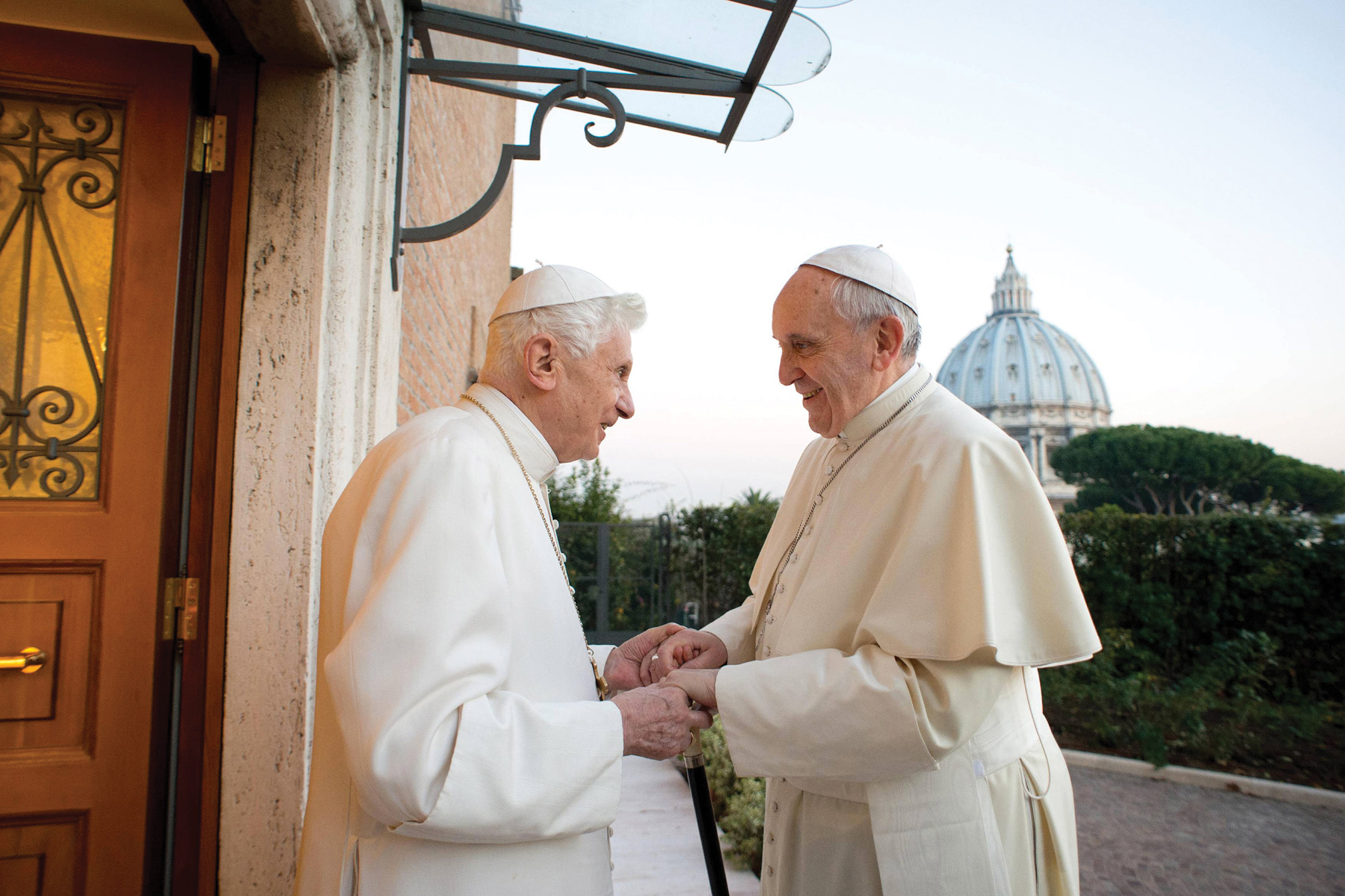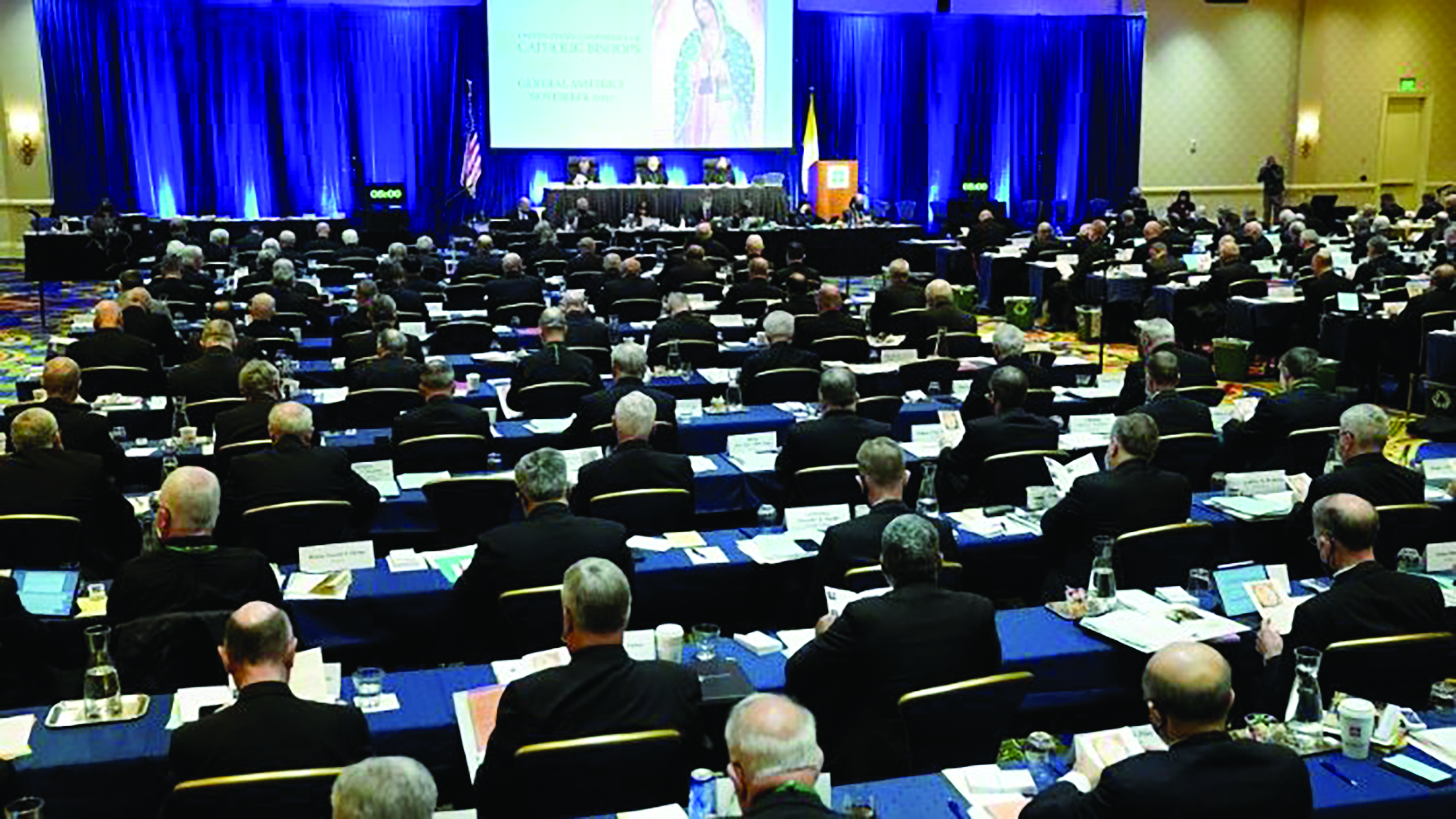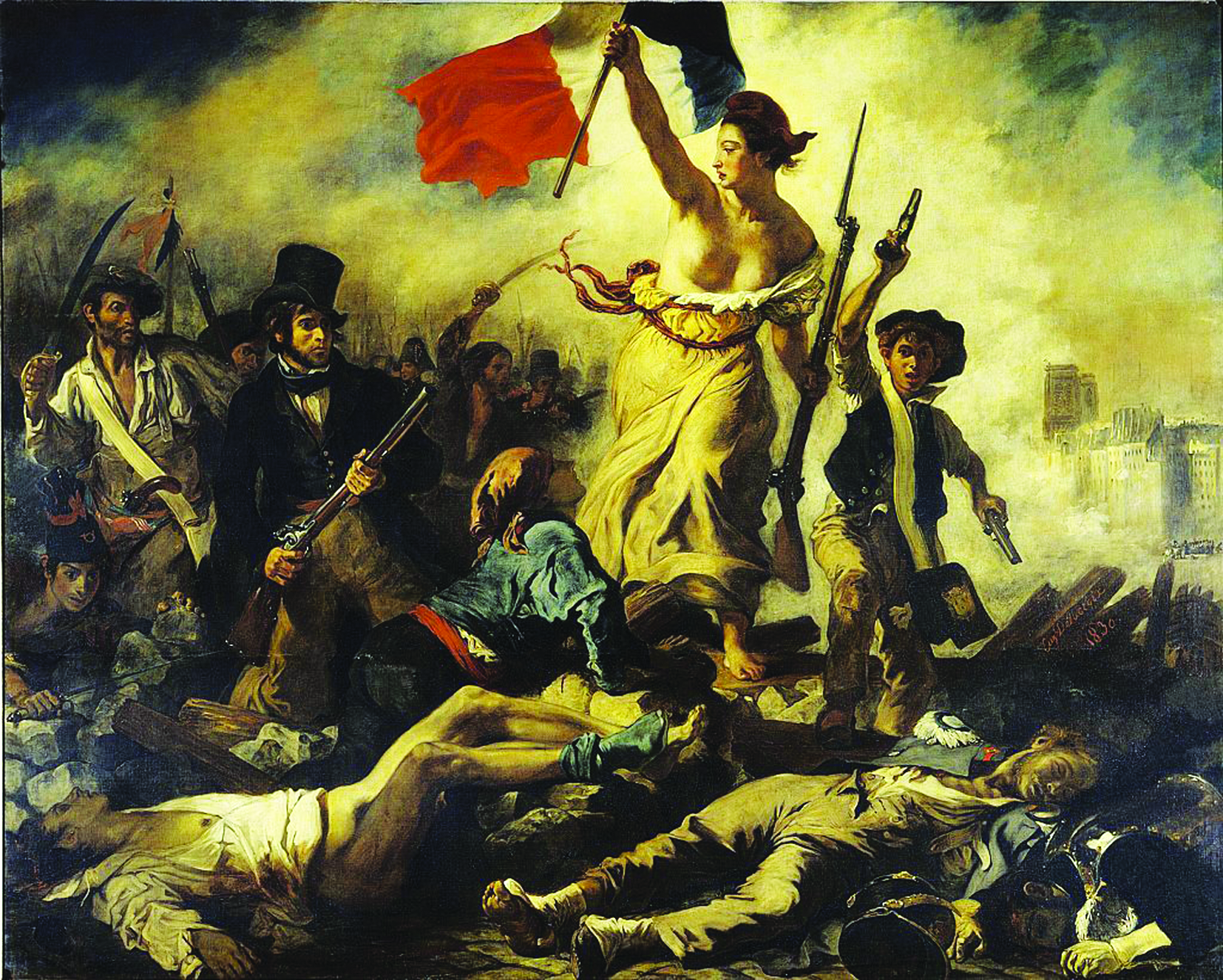An extraordinary interview on German television with Archbishop Georg Gaenswein, personal secretary of Pope Emeritus Benedict, sheds light on the relations between the “two Popes”.
“I can tell you a nice story. In August Pope Francis granted a lengthy interview to Jesuit Padre Spadaro, who is the director of the most important Jesuit magazine Civiltà Cattolica, which was published too, so after Padre Spadaro had given Pope Francis the first issue of this magazine, the Pope gave it to me, telling me to take it to Pope Benedict, asking him to read it and write down any criticism he may have on the first page after the table of contents, which was blank. So that’s what I did. Three days later he (Pope Benedict) told me he had written four pages – not by hand, of course, but dictated to Sister Birgit [Birgit Wansing, the Pope’s longtime collaborator] – not inside the magazine but in a letter, and he asked me to take this letter to Pope Francis. So he had done his homework! He (Pope Benedict) had read it and — fulfilling the request of his successor — had written some thoughts and comments on certain statements and questions where he thinks some additional comment could be made in another context. Of course I am not saying what they were, but they were certainly interesting!” — Archbishop Georg Gaenswein, personal secretary to Emeritus Pope Benedict XVI and also to Pope Francis (and thus a living “link” between the two men) during a German television interview broadcast on March 13.

Pope Francis meeting Pope Emeritus Benedict at Benedict’s residence in the Vatican Gardens.
Archbishop Georg Gaenswein, the Prefect of the Pontifical Household under Pope Francis and long-time (and still) personal secretary to Pope Emeritus Benedict XVI, has raised eyebrows with an interview he granted in March to German television. One passage — the one cited above — attracted particular attention.
Gaenswein revealed, for the first time, that Pope Emeritus Benedict, six months ago, wrote out and sent to Pope Francis (at Pope Francis’ request) four pages of comments on the long interview Pope Francis granted in August to the Italian editor of Jesuit magazine Civiltà Cattolica, Father Antonio Spadaro. (Vatican observers would very much like to know the contents of those four pages, but the actual words Benedict wrote remain secret.)
What are we to make of this news? Note again — and this is important — this “commentary” or “critique” was not offered spontaneously by Benedict, but specifically sought by Pope Francis himself. So Benedict was responding, quite generously, to a request for assistance.
Evidently, Francis wished for an intelligent, authoritative opinion on how the complex issues and teachings he had discussed in the Spadaro interview might be spoken about in unambiguous ways, not open to misinterpretation and misunderstanding.
What does this show? It shows that there is more continuity between the pontificates than many in the mainstream media, who continually suggest that Pope Francis is setting a “new course” for the Church and “breaking” with Pope Benedict in a “revolutionary” way, would like.
Still, the very suggestion that one Pope could “critique” another does raise again an at least theoretical danger discussed widely in the days after Pope Benedict resigned last year: that “two living Popes” (even is one has clearly renounced the active aspect of his ministry) could, in theory, become “two sources of ultimate authority,” thus potentially dividing the Church — might, under some (admittedly unlikely) circumstances, become an actual danger to Church unity.
In this context, this recent revelation by Archbishop Gaenswein, tangentially, raised again the question of the wisdom and potential risk of any Pope’s decision to resign rather than to remain in office, even under extraordinarily difficult conditions, until death, as has been customary in the Catholic tradition.
We know that Francis and Benedict have met, have spoken on the phone and have even “worked together” as in the case of the first encyclical of Pope Francis (Francis called it an encyclical “of four hands” to show how much he depended on Benedict’s unpublished draft). Now we have evidence of an even closer “collaboration” between the two Popes in which the former Pope gives thoughtful advice to the present Pope.
Some people have criticized Gaenswein for granting this interview. A particularly hard critique came from The Tablet in London. Elena Curti writes: “Gaenswein revels in the fact that he has had sight of Benedict’s comments and carried them off to Pope Francis, though he says that, of course, he wouldn’t dream of divulging them. Isn’t revealing their existence in itself a breach of confidence to both his masters?”
No. In revealing this, Gaenswein has allowed us an important and comforting glimpse of how Benedict is supporting Pope Francis in the very difficult task Francis faces in these difficult times. We should be grateful to Gaenswein for this interview.






Facebook Comments